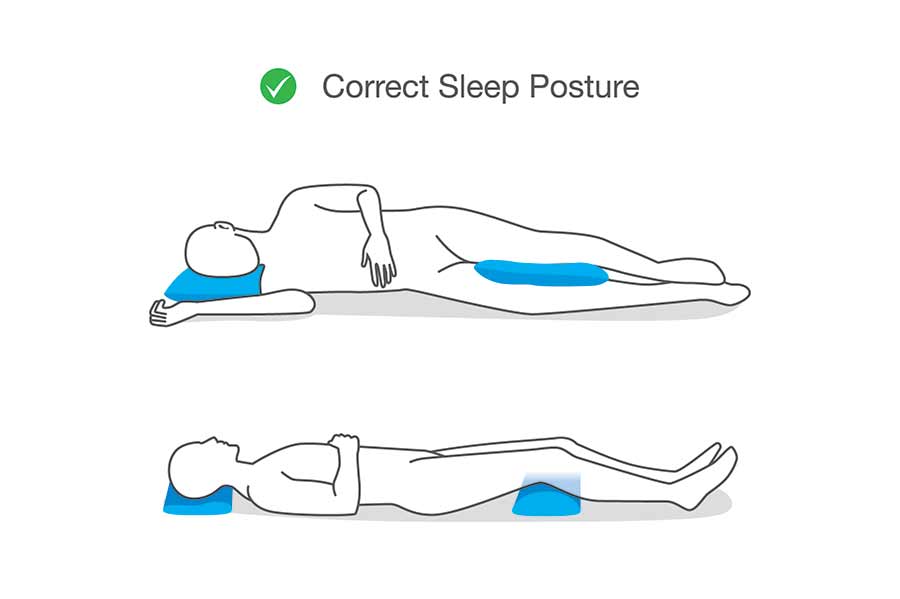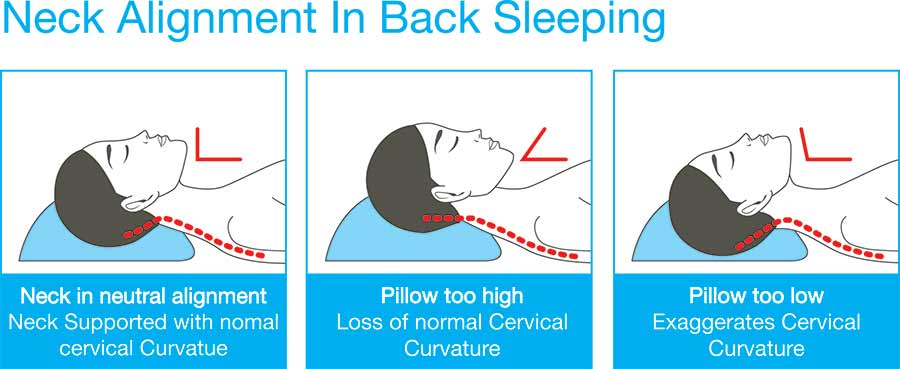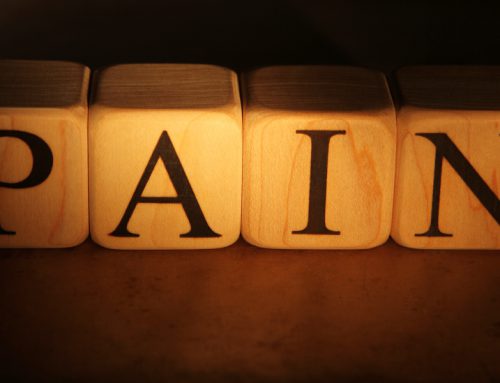How Your Sleeping Position Can Affect Your Spinal Health

You probably know how important it is to watch your posture when you’re sitting, standing, working out, or lifting something. It’s also important to have good posture while you sleep. People spend several hours at a time sleeping. It only makes sense that the position we sleep in can affect our spine – and the muscles that help support it.
Lower back pain and neck pain can be directly associated with sleep position. Nocturnal pain often leads to lack of sleep, which can compound the issue.
If waking up with back pain has become the norm for you, it might be time to take a look at how you’re sleeping.
Better Sleeping Habits to Help With Back Pain

Experts say you should sleep on your back or your side instead of your stomach. Of course, changing your sleep position is easier said than done. Most people are hardly aware of how they sleep until they stop to think about it.
Here are some ways you can overhaul your own bedtime habits to support your spinal health, and to help relieve morning aches and pains.
- If you sleep on your back, place a pillow under your knees to raise them slightly. This can drastically reduce pressure on your spine.
- If you’re a side-sleeper, a pillow between your knees can help provide additional support and minimize spinal strain.
- Your mattress could play a major role in causing back pain if it’s not giving you enough support. If your mattress is 10 years old, consider replacing it. No matter its age, if it feels too soft or saggy, it’s probably time for a new one.
- Too-firm mattresses can also cause issues. If your bed seems stiff or hard, consider investing in a mattress topper.
- If you must sleep on your stomach, put a pillow under your pelvis.
- All pillows are not created equal. A pillow that is too thick or too thin changes the natural curve of your spine, which causes undue pressure on your neck. The ideal pillow keeps your neck in a neutral position. You should not feel as if your head is tilted back or forward when laying on your pillow.
Sleep-Related Pain and Chiropractic Care
Chiropractic treatments can certainly help relieve back pain that is caused or exacerbated by your sleeping habits. However, your pain will likely recur if you don’t change those habits. This could also lead to long-term issues as your muscles continue trying to compensate for a misaligned spine.
If you’re receiving chiropractic care for other issues, unhealthy sleep habits could essentially sabotage your treatments. Talk to your chiropractor if you suspect sleep is affecting your back or neck. He or she may be able to recommend additional resources or strategies to help you overhaul any detrimental sleeping habits you have.






